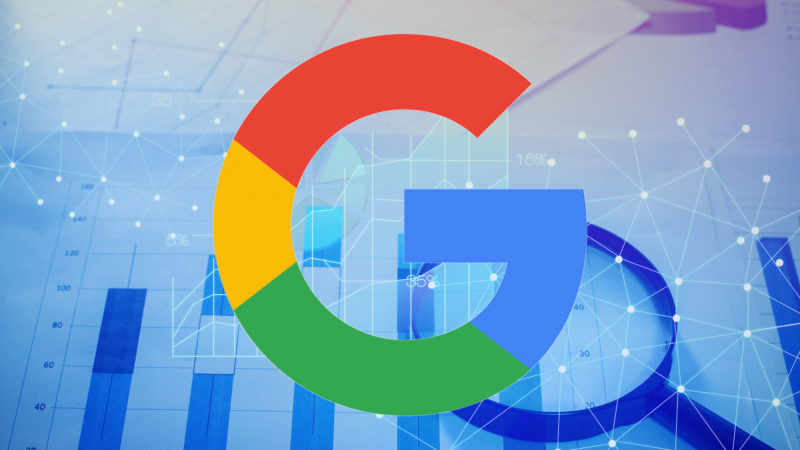Google clarifies Search Console query report data changes from August 19th
After much confusion, Google has issued a statement clarifying the changes made to the query reports in Google Search Console.

This past Sunday we reported that Google appeared to remove some query data from the query filtered search analytics or performance report within Google Search Console. Google today issued a clarification, explaining that it never showed these queries in Search Console but previously did include the hidden queries in the overall sums in the charts. Now Google is also excluding these anonymous queries from the sum.
Google wrote on Twitter:
We recently (Aug 19) made some changes in the way Search Analytics / Search Performance calculates total numbers for its graph, when looking at queries that do not match a piece of text. We noticed some confusion, and wanted to clarify the change.
Previously, we included the sum of queries that weren’t tracked in Search Console in the totals for “query not containing”. Eg, we might not track some queries that are made a very small number of times or those that contain personal or sensitive info. (“anonymous queries”).
Going forward, we’re only including the sum of those that we track and can match in Search Console. This change doesn’t affect the queries shown in Search Console, nor how we treat these untracked queries.
It also doesn’t change views of this report that do not use the “query not containing” filter. We’ve added an annotation in Search Analytics to notify users of this change. There’s a bit more at https://support.google.com/webmasters/answer/6211453#search_analytics.
Going forward, Google Analytics will no longer show a placeholder with “other” for these filtered queries. It also won’t be possible to add this to the API. We made this change to account for more queries and to support exciting Search Analytics features down the road.
Of course, seeing huge drops in the sum of your query data when the query filter is added can make things look bad. But you need to understand that this is not an indication that your site is performing worse in Google but rather that Google has changed how these reports calculate — thus what may appear to be a dip may be nothing at all.
Related stories
New on Search Engine Land